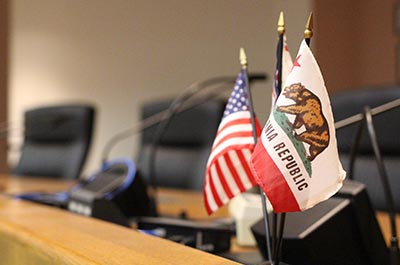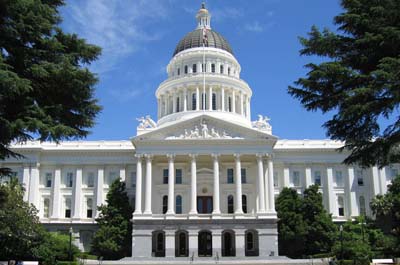On October 13, 2023, Governor Gavin Newsom signed Senate Bill (SB) 494, which limits the circumstances under which a school board can take action to terminate cabinet-level employees.
On September 13, 2023, Governor Newsom signed Senate Bill (SB) 141 into law, which, among other things, temporarily extends the number of days a substitute teacher can teach in any one assignment.
Starting January 1, 2025, officials in school districts, county offices of education, and charter schools must complete ethics training at least once every two years.
On October 10, 2023, Governor Newsom signed Assembly Bill (AB) 1484 into law. AB 1484 requires public agencies subject to the Meyers-Milias-Brown Act (MMBA), upon the request of a recognized employee organization, to automatically add temporary employees (temps) to the bargaining unit if they are hired to perform the same or similar work performed by permanent bargaining unit employees.
The United States Congress recently passed the Pregnant Workers Fairness Act (PWFA), a new federal law that requires covered employers to provide "reasonable accommodations" for a worker's known limitations related to pregnancy, childbirth, or related medical conditions, unless the accommodation will cause the employer "undue hardship."
In Counterman v. Colorado (June 27, 2023, No. 22-138) 600 U.S. __, the United States Supreme Court analyzed the First Amendment’s free speech protections in the context of “true threats.”
On May 22, 2023, the California Supreme Court issued an opinion further delineating the analysis for retaliation claims under Labor Code section 1102.5.
On April 26, 2023, the California Public Employment Relations Board (PERB) issued a decision awarding a remedy against an employer that had, up to that point, been largely theoretical: recovery for increased costs incurred from bargaining and other acts of representation related to an employer's alleged unlawful conduct (bargaining costs).
As a reminder, school districts and county offices of education should update their parental annual notices (Annual Notices) for the upcoming 2023-2024 school year.










